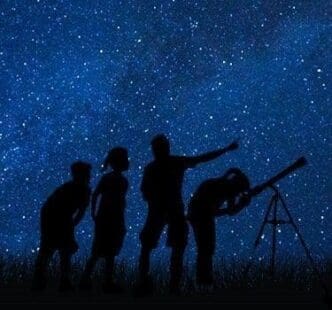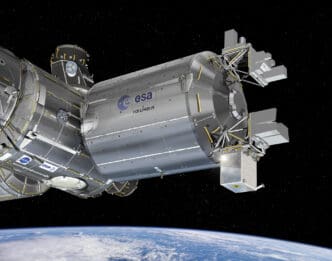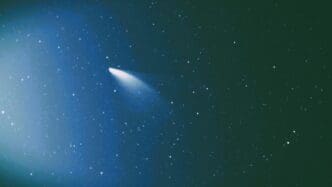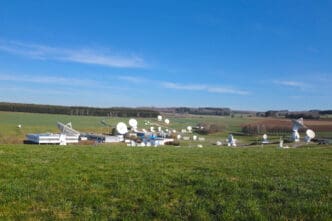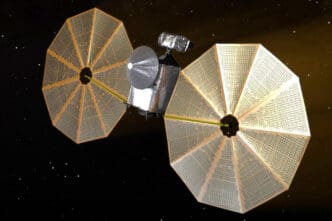NASA has invited the public to join in commemorating the 35th anniversary of the Hubble Space Telescope in April 2025 through a unique stargazing challenge, providing an opportunity for astronomy enthusiasts to observe heavenly bodies from Earth similarly to how the Hubble telescope views them in space.
Participants are encouraged to take part in the year-long “Hubble’s Night Sky Observing Challenge,” which is a collaboration between NASA and The Astronomical League. This initiative allows stargazers to spot the same nebulae and galaxies that the Hubble telescope has captured, using their own telescopes on Earth.
The challenge is structured with two levels of participation, ensuring that even those who are not members of The Astronomical League can get involved. Acknowledgments and recognition await those who successfully identify astronomical objects, encouraging participation across a broad spectrum of amateur astronomers.
Each month, a curated list of night sky targets is released. This list guides participants to observe specific celestial objects visible from their location. These targets are selected from the Messier and Caldwell catalogs, widely recognized as comprehensive listings of astronomical objects suitable for amateur observation.
The challenge is designed to engage astronomy clubs, science centers, and the general public. By organizing star parties, these groups enable people to observe the cosmos firsthand, offering guidance and sharing views through telescopes. The use of star and finder charts is recommended to assist in locating these celestial phenomena accurately.
Although smaller telescopes or binoculars might reveal a few of the brighter targets, a telescope at least six inches in diameter is advisable for optimal viewing. While comparing one’s observations with Hubble’s images, it’s essential to note the disparities caused by Earth’s atmosphere, which can blur the view compared to the space-based telescope.
Accessibility of certain objects may vary based on geographic location, as some celestial bodies are only visible from specific latitudes. Therefore, tailored lists are available for the Northern and Southern Hemispheres, making the challenge accessible globally.
Throughout 2025, participants can look forward to monthly updates that unveil new targets. These are intended to motivate continued engagement and exploration. By clicking on each month’s target objects, individuals can access detailed information and star charts to aid in their observations. Resources like books, software, and apps supplement these, providing essential data for successful stargazing.
The Hubble Night Sky Challenge offers a novel way for individuals to connect with the universe, paralleling the Hubble Space Telescope’s work. As each month introduces new objectives, participants are empowered to deepen their understanding and appreciation of astronomy, fostering a global community of star enthusiasts.
Source: Science.Nasa

